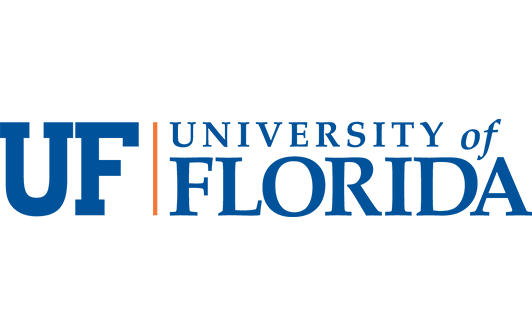University of Florida: National Science Foundation director visits UF
The director of the National Science Foundation, one of the country’s largest and most impactful federal research agencies, visited the University of Florida last week to discuss opportunities for university researchers as well as the agency’s priorities and vision.
NSF Director Sethuraman Panchanathan, who oversees the $8.8 billion federal agency, toured various NSF-funded projects beginning at the Florida Museum of Natural History and ending at East Campus. NSF funds approximately $60.9 million in UF research.
“NSF is just an enabler for all these people doing their work,” Panchanathan said. “What can NSF do better? That’s why I’m here.”
Many parts of the visit emphasized UF’s work to fuel private sector innovation, including presentations by Amy Beaird of the Florida High Tech Corridor and Eric Godet of the Greater Gainesville Chamber. Deans from across the university also discussed how NSF-funded projects have inspired some of the university’s most significant research contributions
Jim O’Connell, assistant vice president for commercialization at UF Innovate, told the NSF director that in the past 10 years, NSF grants have contributed to 800 inventions, 515 of which are licensed and 15 of which led to the creation of start-up companies.
Panchanathan also participated in several roundtables focusing on UF’s work to integrate artificial intelligence across the curriculum and the NSF’s new Technology, Innovation and Partnerships Directorate, known as TIP, which is designed to “advance critical and emerging technologies, accelerate the translation of research results from the lab to the market and society, and cultivate new education pathways leading to a diverse and skilled future technical workforce comprising researchers, practitioners, technicians and entrepreneurs.”
During one roundtable, Chris Malachowsky, co-founder of Silicon Valley-based technology company NVIDIA, discussed the company’s partnership with UF as well as the university’s work to make sure all students have the opportunity to learn about artificial intelligence and its applications. He also discussed UF’s efforts to serve as a model and partner to other institutions, helping to build an AI-enabled workforce and spur innovation research.
Panchanathan’s visit ended at East Campus, where he viewed the NSF-funded Boundary Layer Wind Tunnel and HiPerGator, one of higher education’s fastest supercomputers.
“This is genuinely an amazing place,” Panchanathan said. “Great work is happening here at the University of Florida.”

